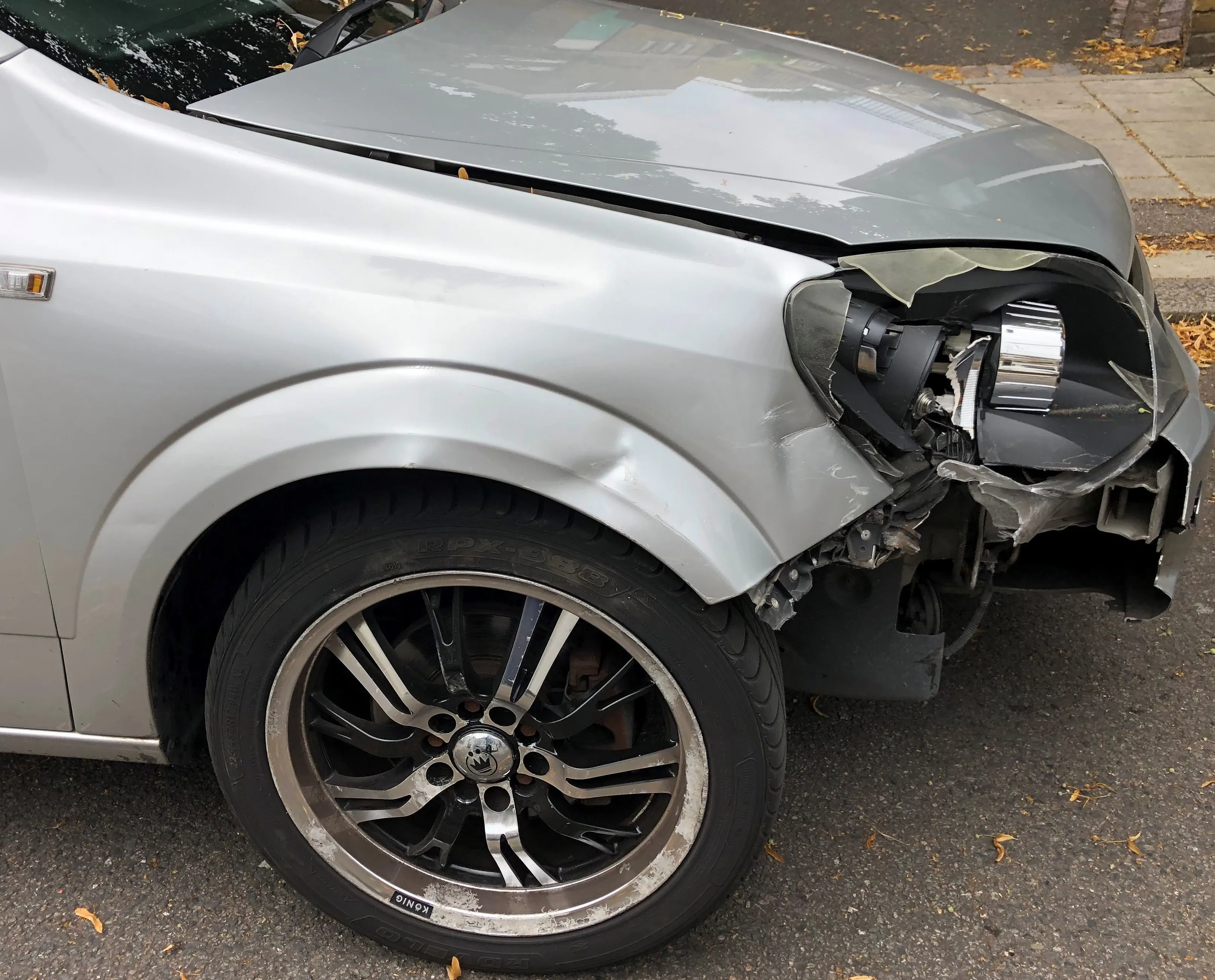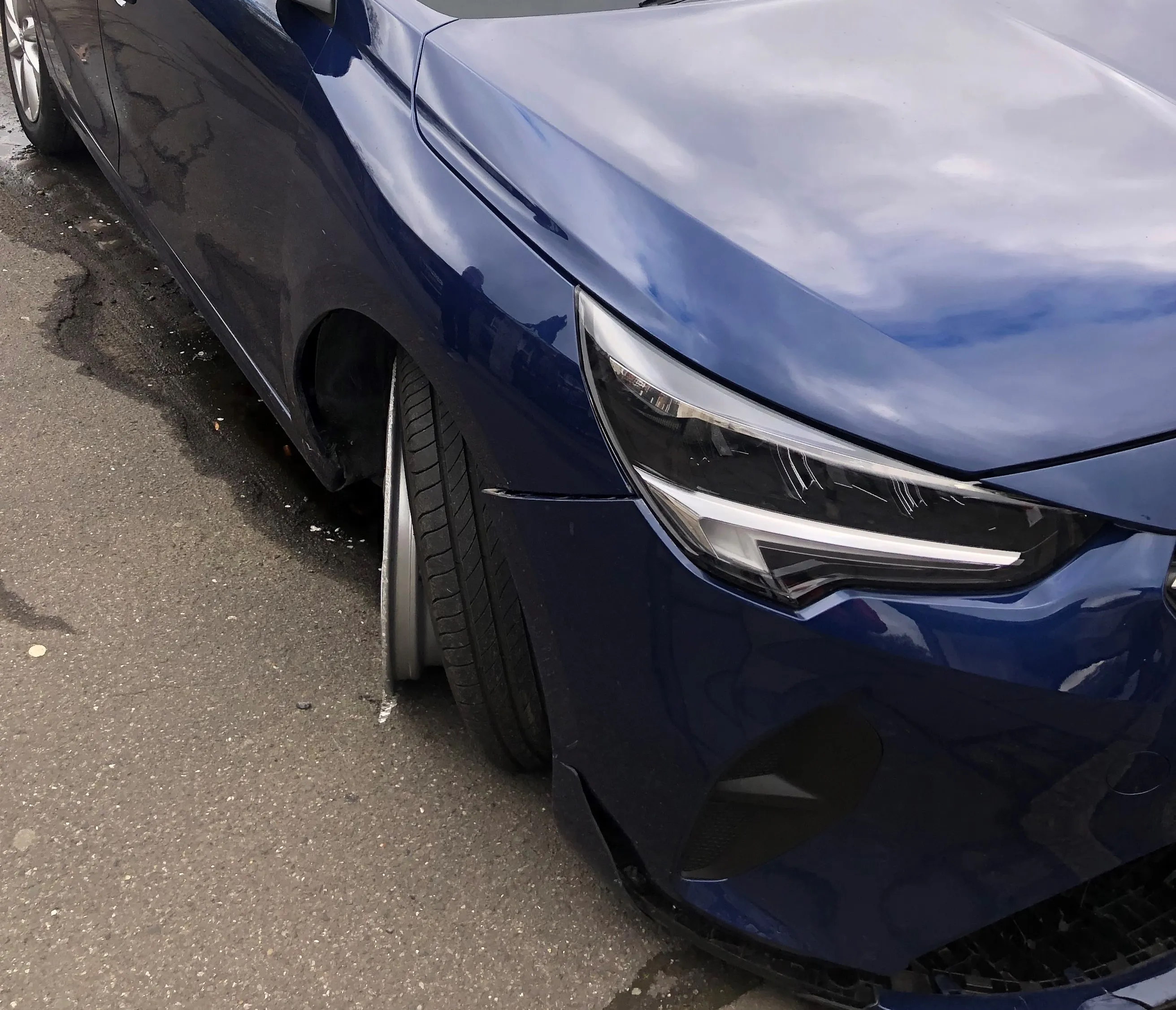Insufficient police enforcement across Europe is damaging road safety, according to the European Transport Safety Council (ETSC). Two reports available through the ETSC say that a fall in the level of police enforcement of traffic offences is contributing to Europe’s failure to cut the numbers dying in road collisions.
More than 26,000 people died on EU roads last year, the first increase since 2001 according to the ETSC annual road safety performance index (PIN) report. Exceeding speed limits, drink or
June 17, 2016
Read time: 3 mins
Insufficient police enforcement across Europe is damaging road safety, according to the 1197 European Transport Safety Council (ETSC). Two reports available through the ETSC say that a fall in the level of police enforcement of traffic offences is contributing to Europe’s failure to cut the numbers dying in road collisions.
More than 26,000 people died on EU roads last year, the first increase since 2001 according to the ETSC annual road safety performance index (PIN) report. Exceeding speed limits, drink or distracted driving and a failure to wear a seat belt are still the leading causes of death and serious injury across Europe, according to the researchers.
In a report on enforcement, ETSC found that, in over half the countries where data is available, the number of tickets issued over the last five years for use of a mobile phone while driving has reduced, suggesting lower levels of enforcement across Europe.
Antonio Avenoso, executive director of the European Transport Safety Council said, “Cuts to police enforcement are doubly damaging. Fewer dangerous drivers are caught, and overall perception of the risk of being caught also decreases. While there is increasing pressure to reprioritise policing budgets across Europe, it makes no sense to cut back on road safety. 26,000 are still dying each year on our roads, and the numbers will not start to decrease again without concerted action.”
Sweden, The Netherlands and Finland are among countries that have reported falls in speeding tickets issued. These countries have also seen some of the biggest slow-downs in reducing road deaths since 2010. In the UK, where deaths have also been slow to reduce, the number of tickets issued fell after 2010 when government cuts affected enforcement levels, although tickets issued are starting to increase again. In Germany, another country with a slowly-reducing death rate, there is no national data available on tickets issued, depriving policy makers of essential information on the effectiveness of measures to reduce speeding.
On drink driving, half of the countries that provided data showed a decrease in the number of enforcement checks since 2010, and half showed an increase. The number of alcohol road-side checks grew by 39% each year in Poland, 24% in Estonia and 12% in Portugal. The number of alcohol checks dropped by 13% annually in Sweden, 10% in Cyprus and 5% in England and Wales. It is estimated that up to 2% of distance travelled in the EU is driven with an illegal Blood Alcohol Concentration but a quarter of all road deaths in the EU are alcohol related.
Some countries are still making progress on road safety. At a conference to be held today in Brussels, ETSC will present its annual PIN road safety award to Norway. The country is at the top of the 2015 European road safety league with the lowest road mortality at 23 deaths per million population. Norway also cut road deaths over the last five years by 44% - the biggest reduction of any country tracked by ETSC’s PIN programme, and reduced deaths last year by 20% - also the best annual improvement.
Avenoso said, “Norway stands out as a country that has already achieved a huge amount through its commitment to road safety. But what is so impressive is that it is still making substantial reductions to the numbers killed and injured by developing measures targeted at specific high-risk groups, identifying and improving collision hotspots and following a clearly defined national strategy with short, medium and long term targets.”
More than 26,000 people died on EU roads last year, the first increase since 2001 according to the ETSC annual road safety performance index (PIN) report. Exceeding speed limits, drink or distracted driving and a failure to wear a seat belt are still the leading causes of death and serious injury across Europe, according to the researchers.
In a report on enforcement, ETSC found that, in over half the countries where data is available, the number of tickets issued over the last five years for use of a mobile phone while driving has reduced, suggesting lower levels of enforcement across Europe.
Antonio Avenoso, executive director of the European Transport Safety Council said, “Cuts to police enforcement are doubly damaging. Fewer dangerous drivers are caught, and overall perception of the risk of being caught also decreases. While there is increasing pressure to reprioritise policing budgets across Europe, it makes no sense to cut back on road safety. 26,000 are still dying each year on our roads, and the numbers will not start to decrease again without concerted action.”
Sweden, The Netherlands and Finland are among countries that have reported falls in speeding tickets issued. These countries have also seen some of the biggest slow-downs in reducing road deaths since 2010. In the UK, where deaths have also been slow to reduce, the number of tickets issued fell after 2010 when government cuts affected enforcement levels, although tickets issued are starting to increase again. In Germany, another country with a slowly-reducing death rate, there is no national data available on tickets issued, depriving policy makers of essential information on the effectiveness of measures to reduce speeding.
On drink driving, half of the countries that provided data showed a decrease in the number of enforcement checks since 2010, and half showed an increase. The number of alcohol road-side checks grew by 39% each year in Poland, 24% in Estonia and 12% in Portugal. The number of alcohol checks dropped by 13% annually in Sweden, 10% in Cyprus and 5% in England and Wales. It is estimated that up to 2% of distance travelled in the EU is driven with an illegal Blood Alcohol Concentration but a quarter of all road deaths in the EU are alcohol related.
Some countries are still making progress on road safety. At a conference to be held today in Brussels, ETSC will present its annual PIN road safety award to Norway. The country is at the top of the 2015 European road safety league with the lowest road mortality at 23 deaths per million population. Norway also cut road deaths over the last five years by 44% - the biggest reduction of any country tracked by ETSC’s PIN programme, and reduced deaths last year by 20% - also the best annual improvement.
Avenoso said, “Norway stands out as a country that has already achieved a huge amount through its commitment to road safety. But what is so impressive is that it is still making substantial reductions to the numbers killed and injured by developing measures targeted at specific high-risk groups, identifying and improving collision hotspots and following a clearly defined national strategy with short, medium and long term targets.”








